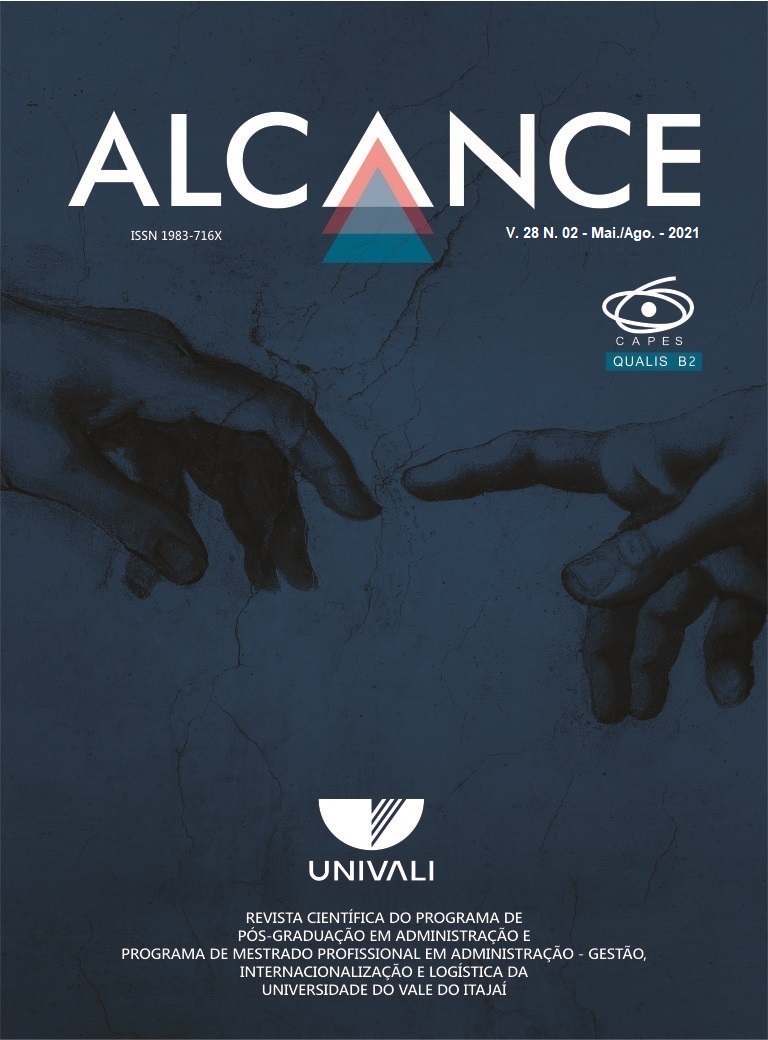AN INTEGRATIVE ANALYSIS OF KNOWLEDGE MANAGEMENT IMPLEMENTATION FRAMEWORKS: A PROPOSED RESEARCH AGENDA
Published date: 30/04/2021

Objective: This article analyzes the characteristics of the Knowledge Management (KM) implementation frameworks published in high impact magazines, and seeks to answer the following research question: How are Knowledge Management implementation frameworks characterized?
Design/methodology/approach: Through a literature review, ten Knowledge Management implementation frameworks were identified. These were individually analyzed and structured as to their dimensions and variables, as well as the pillars and processes of KM.
Results: Individual analysis of each framework led to the generation of an integrative framework that guides the direction of research in the field. The frameworks are also classified as descriptive and prescriptive. Analysis of the frameworks also revealed gaps in measuring processes, measuring results, and solutions that envision IT as a fundamental structure for KM. In addition to the integrative framework, this article also proposes a research agenda for empirical studies and the application of Knowledge Management frameworks.
Limitations/implications of the research: This study was limited to KM implementation frameworks. Therefore, articles with other structures were not included in the analysis. Future studies will be able to carry out an overview with different perspectives, more generic or more specific, analyzing KM processes and their mechanisms individually.
Practical implications: For managers, this study promotes discussion on the applicability of implementation frameworks, invoking more pragmatic studies that assist in the measurement, application, and conducting of KM processes.
Theoretical implications: This article contributes to research in the area of KM by bringing together frameworks from different sectors, under the classification of KM processes and pillars, allowing the identification of gaps that have not yet been filled and reflections on why this topic of research has not been taken up by professionals in the field.
Originality/value: There is a lack of options adapted to certain sectors, such as the banking segment. There is also a need to incorporate into the frameworks the use of KM maturity models and indicators for process metrics, which will be qualitative and quantitative, as well as measurements of financial and non-financial results. The article manages gives an overview of these gaps.








